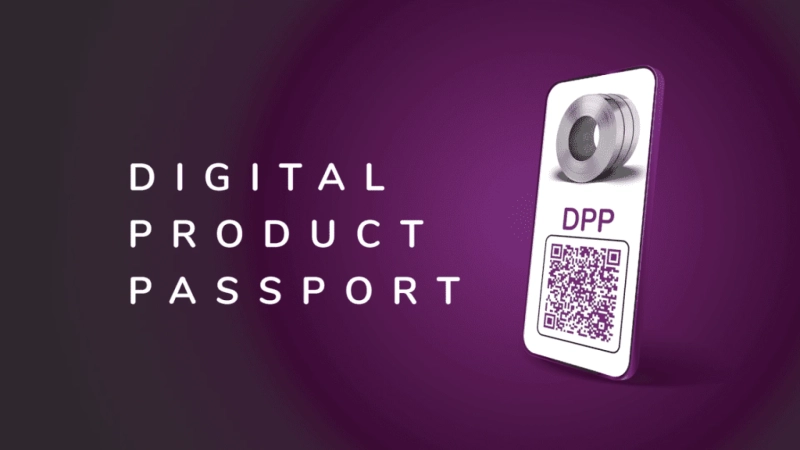In the world of fashion, being aware of regulations is essential to understanding how our sector is evolving. In this blog we tell you in detail one of the most recent measures of the European Union that will directly impact how we consume fashion: the Digital Product Passport.
The regulation of the Digital Product Passport and the European Green Deal initiative are in line with Directive (EU) 2018/851 of the European Parliament and of the Council, of May 30, 2018, amending Directive 2008/98/EC about waste. This directive seeks to promote the transition towards a circular economy by establishing ambitious objectives for waste management and reducing its environmental impact.
By implementing a digital product passport for all physical goods from 2025 , the aim is to increase the traceability of products, facilitate their recycling and reduce waste generation. This measure is aligned with the principles of the circular economy and contributes to the objectives established by Directive 2018/851 to improve resource management and reduce the environmental impact of products in the European Union.
But... What is the Digital Product Passport?
The Digital Product Passport is an initiative of the European Union that seeks to establish a traceability system for products, including textiles and clothing, through digital technologies. This system will provide detailed information on the supply chain, from production to final consumption, guaranteeing the transparency and authenticity of the products.
How it will affect us
Transparency and Sustainability: With the Digital Product Passport, consumers will be able to access precise information about the origin of materials, production conditions and the environmental impact of each item. This will encourage greater awareness of sustainability and help drive demand for ethical and responsible products.
Regulatory Compliance: The regulation will force all companies in the sector to implement digital product traceability software for their products, ensuring that they comply with the standards established by the European Union in terms of quality, safety and sustainability.
Combat Counterfeiting and Fraud: The Digital Product Passport will make it more difficult to counterfeit products by providing a secure way to verify the authenticity of each item. This will protect both consumers and legitimate fashion brands, strengthening trust in the market.
Facilitate Waste Management and Recycling: By knowing the composition and materials of each product through the digital passport, it will be easier for consumers and authorities to properly manage textile waste and encourage recycling.
The Digital Product Passport represents a significant change in the European fashion industry, promoting transparency, sustainability and authenticity of products . While its full implementation is scheduled to begin in 2025, it is important for both brands and consumers to prepare for this regulatory change and understand how it will affect their consumer practices and decisions in the future.
This DPP will not only transform the way we interact with fashion but will also open up new opportunities to promote sustainability and ethics throughout the supply chain.



